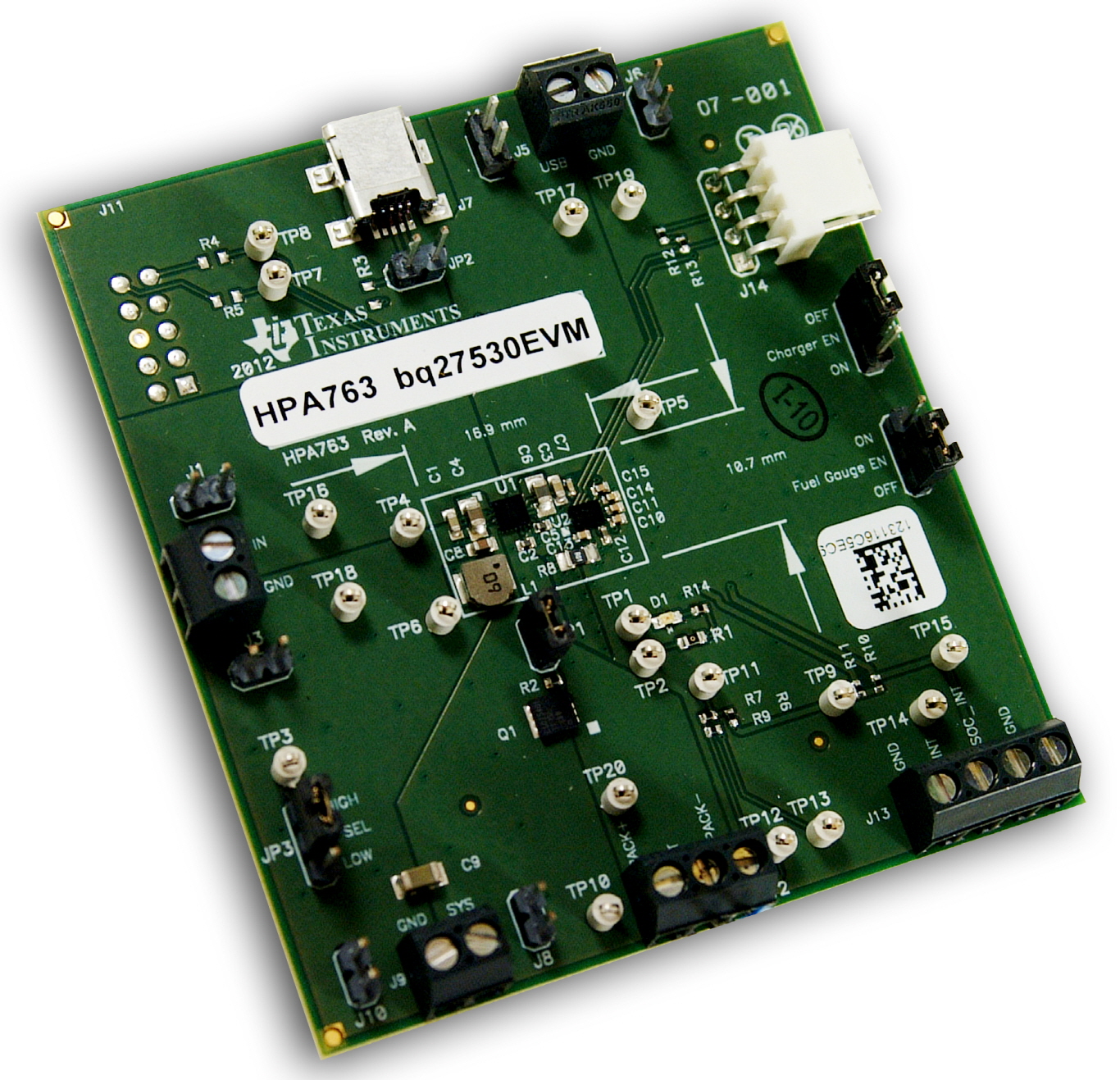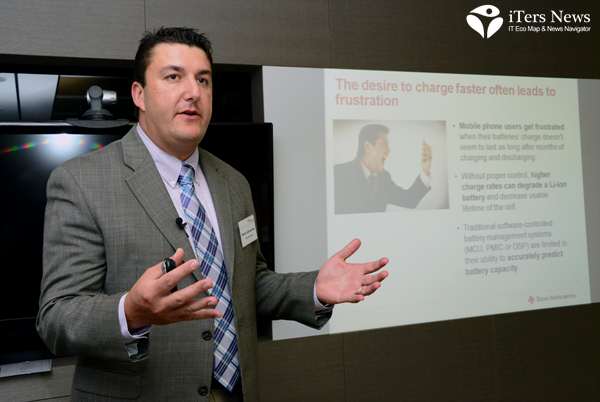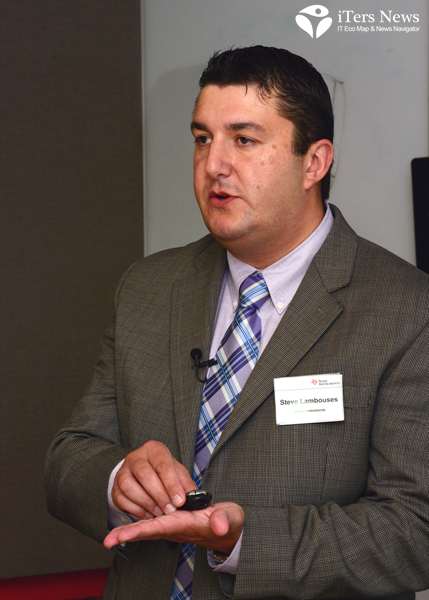(iTers News) - Coming heavily loaded with tons of data-intensive apps like 3D games, full HD video players, and 3D GPS engine, today’s smart phones are gobbling up as much power as notebooks. Conversely, however, people not only want to charge their smart phones as quickly as possible, but also are extremely demanding longer battery life, as they want to stay connected to the Internet around the clock. Moreover, smart phone users are eager to know what their battery status is like to check how many hours are left to use.
Challenged by the unmet gap with the extremely demanding consumer requirements, mobile phone makers are struggle with a way to charge phones quickly without compromising their battery life.
To help them to tackle this challenge, Texas Instruments Inc. unveiled a new breakthrough smart battery management technology in what the company said is intelligent enough to accurately predict how much power is left, how long it would last, and more importantly tell how optimally to control it to extend a battery life.
(Photo caption: Steve Lambouses, vice president of TI’s analog business unit)
Maximize battery life
Trademarked as MaxLife, the technology is a sort of a smart battery management algorithm that takes advantage of TI’s several hundreds of reference databases on various different battery chemistries to do the most optimal control of a single cell lithium-ion battery.
To bring the MaxLife technology to the market, TI has released four chipsets –two fuel gauge chip solutions and two charger chipset- all of which incorporate the algorithm, including bq27530 and bq27531 fuel gauge chip as well as bq2416x and bq2419x chargers.
Combined together, the fuel gauge chip and the charger chip form TI’s battery management system for as single cell Li-ion battery for smart phones.
“When you try to charge battery fast, you try to put a lot of energy into the battery. That actually damages the battery so that the battery does not last as long as many cycles. So you may get really fast charge, one month and two month later you realize the battery does not last long any more that’s because you have damaging the battery and degrading the life of the battery. So you have to find a way to charge the battery not damaging the battery,” said Steve Lambouses, vice president of TI’s analog business unit. He is in charge of TI’s battery management solutions business.
Smart enough to think
Added he, “The MaxLife is a fast battery charging technology, which allows you to charge battery quickly, but it won’t degrade the life of the battery. It allows faster charge and 30% longer battery life over what is available today”
According to him, typical cell phone battery loses 8% of its lifetime capacity after it charges and discharge for 100 cycle times. But, using the MaxLife algorithm helps it to keep 95% of its power, just losing 5%.
When it is used with a fuel gauge, the MaxLife algorithm also helps it accurately predict when the charging condition is degrading the battery like.
“The fuel gauge chipset knows everything about the battery status like the chemistries, temperature, and cycles. The battery can use this information to control charging unlike anything done before,” said vice president Steve Lambouses.
True enough, every portable system requires a battery charger chip. Yet, TI adds a smart fuel gauge technology not only to control charge, but also to optimize fast charge and longer battery life, allowing users to know how much capacity is left and to prevent the degradation of the battery life.
Referencing to database
For example, its key-enabling technology is TI’s long list of more than 200 databases about the battery chemistries of various different batteries, which it has accumulated with its long-involvement with notebook PC battery management system. Referencing the database, the algorithm tells a host MCU to send a most optimal voltage, current to start charging the battery without not much damaging the battery life.
The intelligence translates into higher security and safety in what the chipmaker calls as an autonomous battery management system, because the gauge and charger solutions keep virus from coming in. It also prevents someone to hack the battery to change the safety features. Improved heat and power dissipation is another benefit, while smart phone users will be able to benefit from longer battery life and runtime.
“Customers are asking for faster chargers. They want to be able to charge their smart phones and tablets fast. They also want cooler charging, and they don’t want to be heated up. It’s a bad user experience. If the phone is hot, people are concerned about safety,” continued vice president Steve Lambouses.
He even added that the MaxLife technology is smart enough to know for itself when to drive quick charging, saying that it knows whether you are in a hurry to charge your smart phone quickly or not, depending on time.



